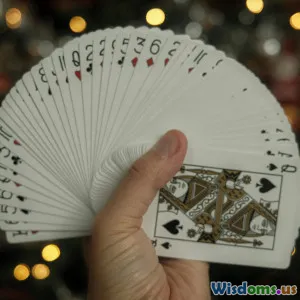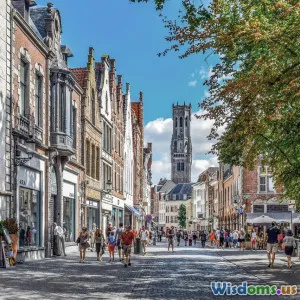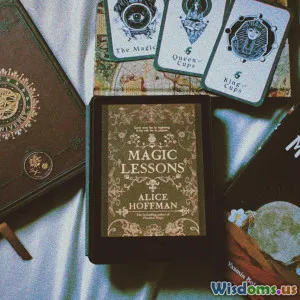
Should You Join a Magic Club Early in Your Career
17 min read Explore the benefits and considerations of joining a magic club early in your career as an aspiring magician. (0 Reviews)
Should You Join a Magic Club Early in Your Career?
If you’re passionate about magic, entering the world of magic clubs can seem both thrilling and daunting. Around the globe, seasoned magicians and newcomers alike belong to magic societies, circles, and clubs both online and in-person. But is joining a magic club early in your journey the right move? Let’s take a deep dive into the benefits, drawbacks, and what to consider if you’re standing at this magical crossroads.
The Magic Club: Unlocking a Vault of Curiosity

Magic clubs are often gateways into hidden knowledge. Whether it’s a centuries-old establishment like the Magic Circle in London, or a local association in your town, these clubs offer far more than socialization—they are repositories of expertise. Consider the Society of American Magicians (SAM), founded in 1902. It counts Houdini among its past presidents, and today provides not just exposure to rare books and props, but also invaluable mentorship.
Knowledge Sharing and Expertise
Being in a club means you aren’t just piecing together techniques from YouTube or isolated books. Members benefit from collective insight—a veteran can point out why a certain sleight is failing, or recommend lesser-known sources to deepen your repertoire. Clubs often host:
- Monthly lectures with established professionals, unveiling tricks not available to the public
- Workshops on niche topics such as mentalism or close-up cardistry
- Library access, sometimes with rare texts not easily found online
When Emma Lin, a hobbyist magician from San Francisco, joined her city’s club, she was invited to study antiquarian books unpublished on the internet. “It saved me years of fumbling alone,” she says. That kind of leapfrogging is not easily attainable elsewhere.
Building Confidence: From Practice to Performance

Practicing magic in your bedroom is very different from performing for an audience. Clubs bridge this gap naturally with supportive, constructive feedback. Most have regular open mic nights or club competitions:
- Impromptu performances among peers trained to keep secrets and critique respectfully
- Safe environments where mistakes are expected and where multiple people may flub a trick in a single evening, breaking the fear barrier
- Public showcases arranged by larger clubs for wider city audiences—a first real taste of the performance high
A concrete example: In 2018, the Dallas Magic Club offered weekly critiques, tracking videos of members’ routines. Over 60% of members reported being more comfortable on stage within six months—a measurable improvement tied to structured in-club opportunities.
Developing Your Unique Magical Voice

One of the lesser-known hurdles for beginners is finding their style. Are you a comedy magician, a silent manipulator, a grand illusionist? Clubs are melting pots for diverse personalities and backgrounds. Exposing yourself early to multiple forms and theories helps you shape your own path.
How-To: Discovering Your Magical Niche
- Attend Varied Club Sessions: Try not to restrict yourself to only the medium you know. Watch mentalists, escape artists, even children’s performers.
- Request Feedback: Ask peers, “What did you feel when I performed?” Emotional feedback often defines style more than technicality.
- Experiment Publicly: Use monthly meetings to test different characters, pacing, and themes. The club’s privacy allows you to take creative risks without reputational damage.
For example, well-known magician Dani DaOrtiz credits early club audiences with giving him platform to try chaotic, improvisational routines—well before mainstream stage time.
Networking: Opening Doors in the Magic Community

Magic is a vibrant, global ecosystem—clubs are natural incubators for lifelong connections. Early network-building can pay dividends throughout your career. Here’s how clubs provide unique networking advantages:
- Meet working professionals: Unlike online forums, club environments attract working pros willing to mentor, give contacts, or refer gigs.
- Tap into legacy networks: Clubs like the IBM (International Brotherhood of Magicians) have annual conventions, connecting you globally.
- Access to real-world gigs: Many local restaurants or event planners query clubs for show recommendations—newcomers get real paid opportunities.
Consider magician Michael Rangel, who attended a Chicago club as a university freshman. Through his mentor, he soon landed corporate gigs even before graduation. Such tangible industry entryways are rare outside formal groups.
Demystifying the Learning Curve: Avoiding Bad Habits
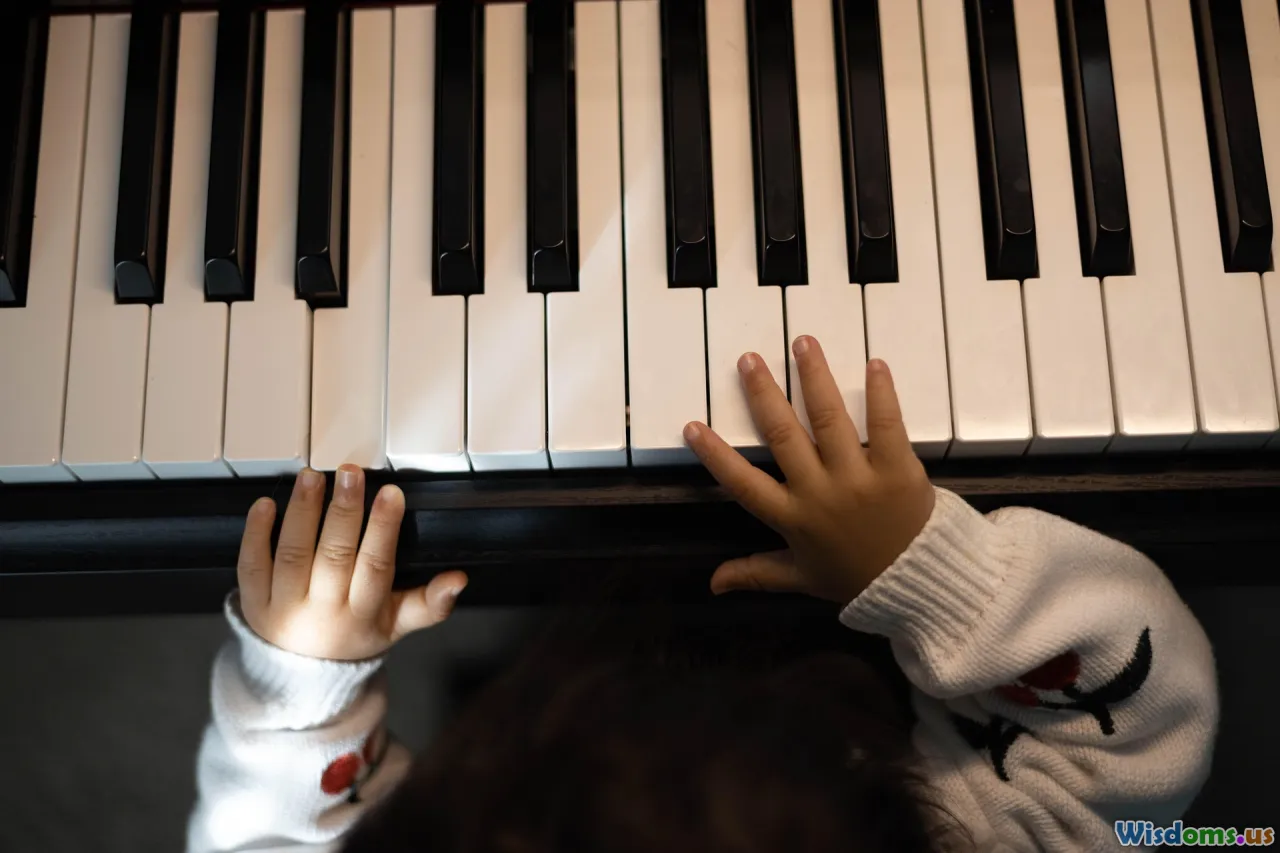
It’s all too easy, especially in the age of viral video, to internalize incorrect handlings or unsafe practices. Clubs act as immediate guardrails. Veteran magicians can:
- Spot poor technique before it gets ingrained
- Help interpret ambiguous instructional materials
- Warn against unsafe props or unreliable sources
A 2023 survey in the Magic Companion newsletter revealed that 72% of magicians who joined clubs early avoided learning outright “false” methods compared to solo learners. Safety, ethics, and skill can be monitored in ways impossible for self-taught hobbyists.
Ethical Foundations and Professional Standards

Magic as a discipline holds deeply to secrecy and integrity. Clubs dedicate early focus to these values. As routines are often passed generationally, understanding unspoken professional rules becomes crucial:
- Respecting intellectual property (not copying acts verbatim)
- Adhering to secrecy principles (only sharing with those who agree to confidentiality)
- Learning to credit creators and teachers
These frameworks aren’t always clear in commercial magic videos or books. Club culture is explicitly designed to teach newcomers the obligations—all the more vital for those who dream of becoming professionals or inventors within the field.
Constructive Critique Versus Online Feedback

A burgeoning magician today has access to Reddit, Discord, Instagram, and YouTube. But while some superb communities exist, feedback here can be fragmented, undiplomatic, or uninformed. Magic clubs cultivate environments of tactful, actionable feedback.
- In-person demonstrations allow for nuanced guidance—technical errors are more obvious and can be mimed or shown directly.
- Mentoring programs pair novices and veterans, ensuring ongoing progress.
- Friendly rivalry in competitions or showcases pushes boundaries safely.
Jonas Walker, a semi-pro magician, summarizes: “Online, I got ‘cool trick’ or silence. At the club, someone rebuilt my act from the ground up, and I saw immediate improvement.”
This safe but challenging critique, delivered face-to-face, is why ambitious magicians consistently recommend early club membership.
Club Culture: Navigating Traditions and Diversity
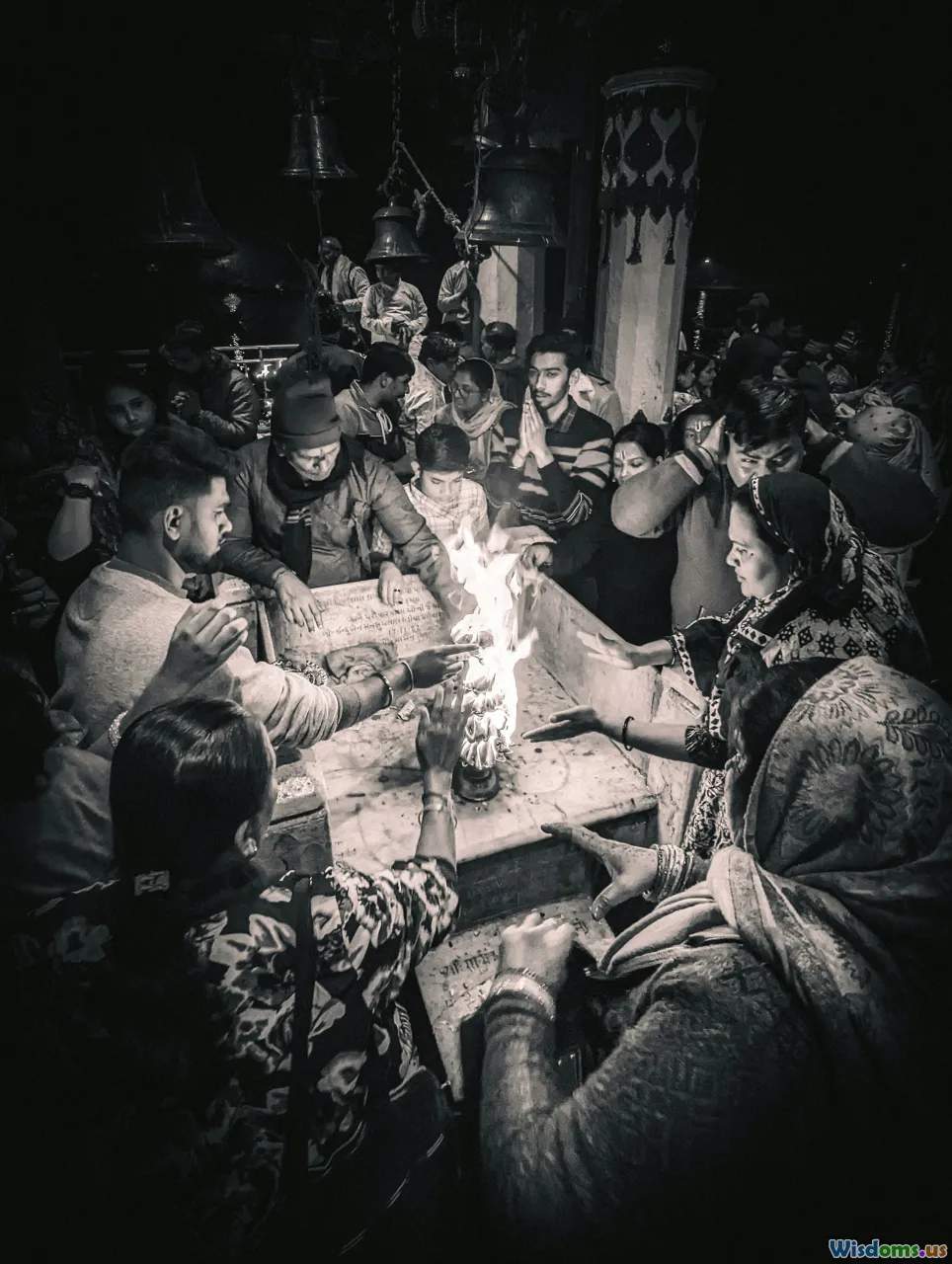
Every club has its rituals and culture, for better and worse. Some are reverential—monthly toast to a founder, annual magical banquet—others may feel outdated or cliquish. When joining early, expect:
- Hierarchy: Many clubs are structured, with officers and initiation rites.
- Tradition: Old-school clubs may focus on classic magic, while newer ones embrace modern or digital magic.
- Inclusion efforts: Some clubs have explicit youth and diversity initiatives (for example, the Magic Youth International Circle), but others may still be evolving.
If you’re young, female, or from a minority background, research prospective clubs for inclusivity efforts. Online forums and direct club visits can gauge how welcoming a community truly is. Entering early lets you shape, and be shaped by, these cultures rather than fitting in later.
The Drawbacks: Commitment, Cost, and Club Politics
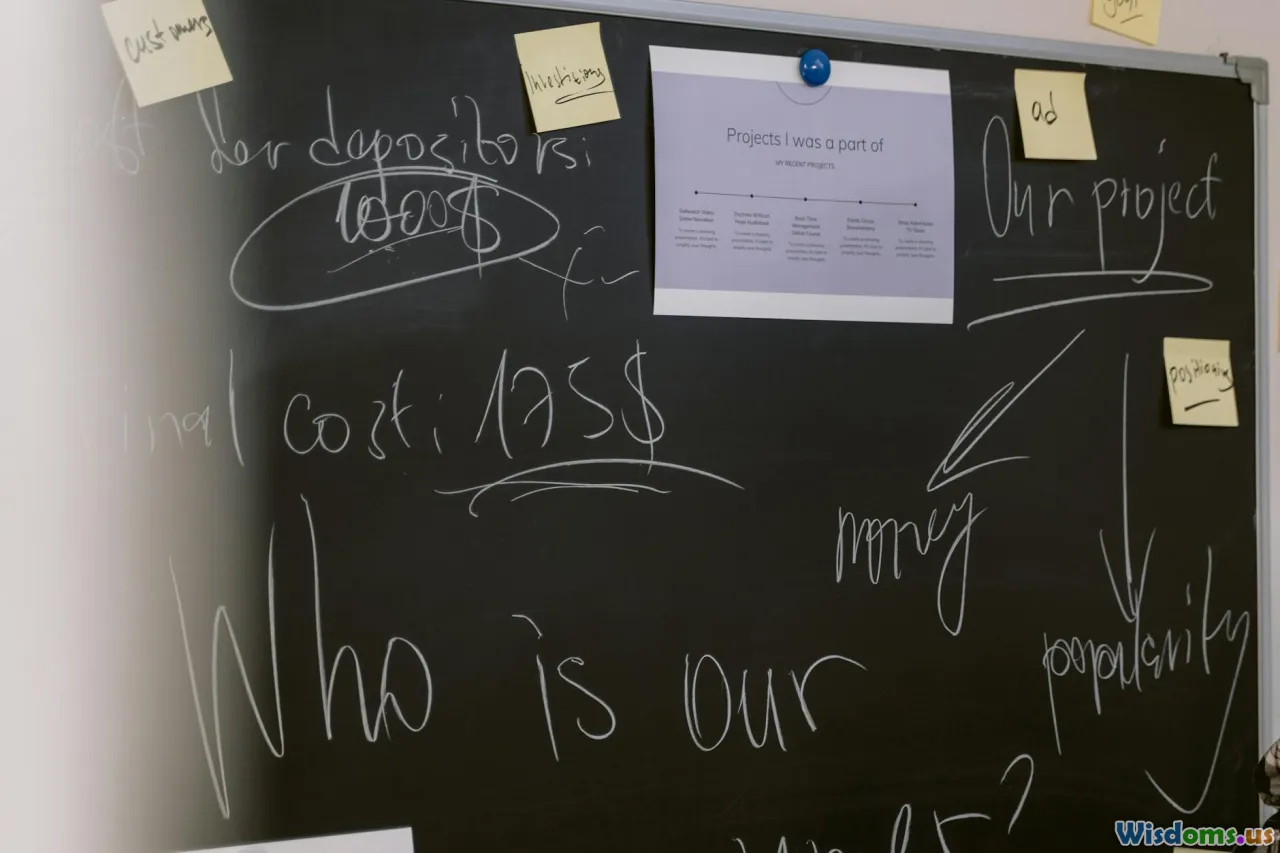
Despite the many perks, clubs aren’t magic silver bullets. Consider these potential pitfalls before you join:
Financial Cost
- Membership fees can range from $40–$250 annually, depending on the prestige and location. Some clubs have student discounts; others don’t.
- Travel costs: Attending in-person sessions can involve significant time and expense.
Time Commitment
- Monthly meetings, practice sessions, performances, preparation time—combined, this is a real investment.
Politics and Drama
No community is drama-free. Personalities sometimes clash; some clubs may be slow to adapt to modern magic or to younger voices. Treat early involvement as a way to learn how to navigate these aspects of any close-knit organization.
Overwhelming for Beginners
Intimidation is common, especially if seasoned professionals dominate. The best clubs assign a newcomer mentor or onboarding buddy—but check before joining.
Online Versus Local Clubs: Which to Choose First?

New magic clubs—especially after 2020—have proliferated online. Now, aspiring magicians face a choice:
- Local, in-person clubs: Best for hands-on learning, practicing angles, real-time feedback, and direct camaraderie.
- Online clubs: Lower barriers for remote learners or those in rural areas; great for accessing global lectures and mentors.
Hybrid approaches are increasingly common. For a beginner, nothing beats in-person sessions for foundational skills, but supplementing with online resources can triple your rate of exposure and diversification.
How to Find the Right Magic Club for You
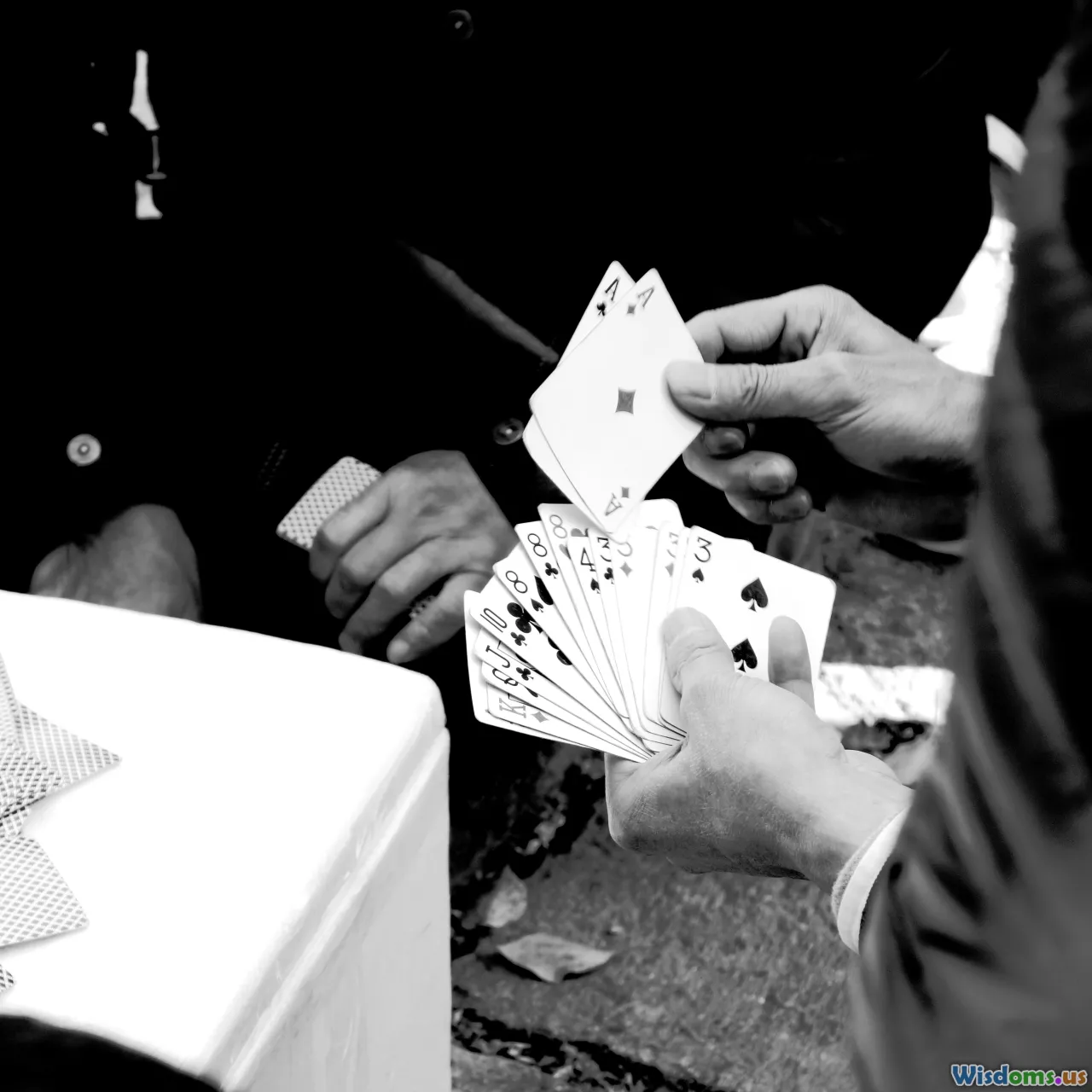
If you decide early club membership’s for you, quality matters just as much as enthusiasm. Here’s how to choose wisely:
- Visit as a guest: Most clubs permit 2–3 trial attendances before membership decisions.
- Assess the atmosphere: Is feedback specific? Do members encourage new acts? Watch body language. Friendly or insular?
- Check the activity calendar: Clubs with regular programs (lectures, performances) often signal high member satisfaction.
- Diversity and inclusion: Ask about women’s or youth chapters, disciplinary policies, or access for disabled individuals.
- Ask for testimonials: Every community has voices—prioritize honest appraisals about both experience and advancement.
Club directories on sites like SAM, IBM, or Magic Café can help shortlist authentic, well-reviewed groups.
Making Club Membership Work For Your Magic Journey

Once inside, taking full advantage is the key. Make it a stepping stone, not just another monthly meeting.
- Attend regularly, not just when there’s something flashy going on.
- Volunteer to help out (stage setup, newsletter writing)—the more you give, the more you receive.
- Build relationships mentor-to-peer. Directly ask for advice, don’t wait.
- Set a small goal for each month, whether that’s networking, improving a trick, or learning a new magical principle.
Club membership is like joining a gym: showing up isn’t always easy, but every effort yields compound progress.
The Early Edge: Setting the Stage for Magical Success

Magic clubs can transform solitary aspiration into sustained, strategic growth. Beyond knowledge and technique, they foster mentorship, build ethics, and connect you to invaluable networks. That said, every magician’s journey is unique—some thrive with independent study first; others leap ahead when immersed from the start.
Joining a magic club early offers structure, camaraderie, and challenge at a pivotal stage. For most, it’s the fastest route from curiosity to confidence, and, over time, to mastery. If you’re genuinely driven to grow as a magician, the club doors are likely worth walking through—just be mindful to pick the right one, and embrace all it has to offer for your enchanting new career.
Rate the Post
User Reviews
Popular Posts










